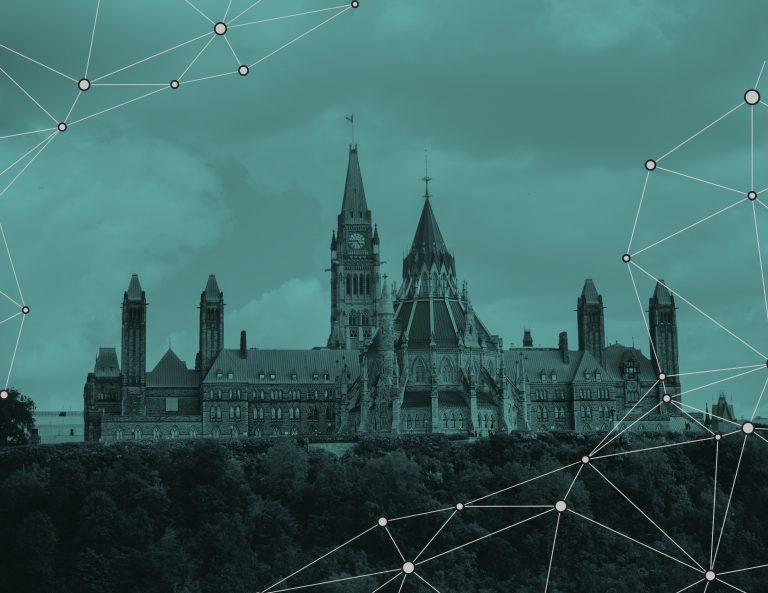
Disruption, distribution, and data
On February 27th, we participated in the 2019 Building Connections conference organized by the Ottawa Employment Hub. It was an opportunity to bring together policy makers, academics, think tanks, and practitioners to discuss a wide range of issues. Emerging approaches to exploring and promoting careers, workforce development best practices, and the impact of artificial intelligence (AI) and automation on the world of work were all hot topics.
We shared the stage with the Future Skills Centre in delivering the keynote address, focusing on the need to monitor and respond to the distributional challenges likely to emerge in the future of work and the important role of skills therein. Along similar lines, we participated in a lively panel on AI and automation, emphasizing the importance of putting the current technological revolution into a larger historical perspective. (See Tony’s presentation here.) In discussions held throughout the day, three themes to labour market impacts and the future of work resonated: disruption, distribution, and data.
The current pace of technological change continues to bring disruption in labour and capital markets. The precise form future disruptions will take is difficult to imagine, let alone forecast. Past technological innovations have eliminated certain occupations while bringing about entirely new modes of work and jobs. Yet some have argued that the AI revolution could prove to be different. As machines become able to do both routine and non-routine tasks, they are increasingly able to take on complex cognitive tasks such as writing music. What disruptions will follow from such innovations? No one can be sure.
What we do know is the skills required for success are transforming and that other factors may have equally profound changes on the world of work. Aging populations, shifting trade patterns, and climate change are just a few major trends that will lead to major labour market disruptions. Further, these trends proceed in parallel, deepening the uncertainty about their potential interactions to mitigate or exacerbate each other. This uncertainty is heightened by the fact that most research — as detailed in our Future of Work Annotated Bibliography — typically examines one factor in isolation from the others.
Distribution: Focusing on net outcomes masks inequalities in outcomes
One thing we have learned from past disruptions is that the benefits of change are not equally shared. As economists, all too often we focus on the net benefits to the average, or representative, person over long periods. Such calculations indicate the overall economic gain to the economy but ignore the fact that such changes inevitably involve winners and losers. More to the point, the people negatively affected by major disruptions are typically those with the fewest resources available to help weather the change and take advantage of new opportunities.
Looking forward, past technological revolutions show that the long-term impact will lead to net, overall gains. Even so, there will be important distributional consequences, exacerbating inequalities in income, opportunities, skills, and education. It is to these effects policy makers must respond. The importance of tackling the unequal effects of the future of work is all the greater as economists increasingly recognize that inequality itself is a drag on economic growth.
Data: Good policy requires good evidence
Developing effective policy to address distributional consequences while making the most of new opportunities requires high quality, reliable data. If we are to take advantage of the changing nature of work and tackle the impending complex challenges, there is an urgent need to bring more refined evidence to the policy discussion in the form of actionable information and insights.
Our role at the Labour Market Information Council is to improve the timeliness, reliability, and accessibility of labour market information. This is critical to identifying and meeting the labour market needs of Canadians, especially those related to technological change, population aging, the transition to a green economy, or some other facet of the global economy.
We need to move beyond “averages” and “net” assessments to figure out what the real-world impacts — positive and negative — are likely to be for real individuals in their occupations and their regions. What could be more important in a county as diverse as Canada?

Steven Tobin is the Executive Director of the Labour Market Information Council. Steven provides the overall strategic leadership and management to the LMIC with the guidance of the Board of Directors and two advisory panels.

Tony Bonen is LMIC’s Director, Research, Data and Analytics. He leads LMIC’s team of economists, investigating everything from Canada’s diverse labour market information needs to the potential implications of the changing nature of the world of work.